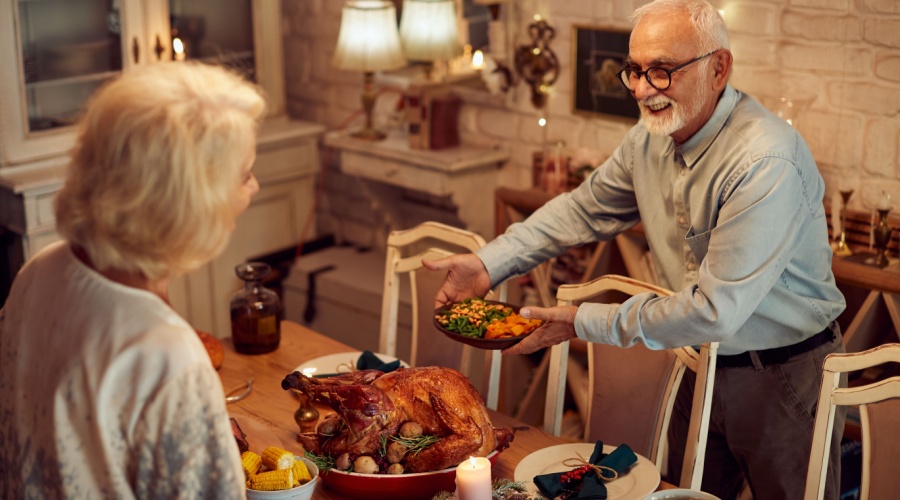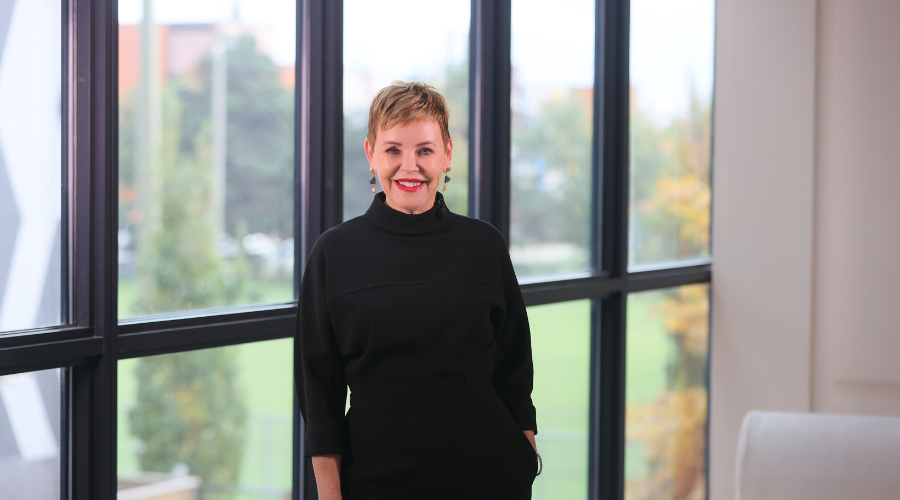During the last few months, I’ve had the opportunity to spend quality time with long time friends. Some are people I haven’t had meaningful conversations with for decades. There were other get-togethers with friends whom I’ve kept in touch with, but who have moved away which has made it challenging to keep the fires burning.
These last few months have changed my way of thinking about friendship and how adults can enjoy a fruitful retirement, where emotional needs are met, with the joys of friendship playing an important role.
Good friends can be the answer to many of the tribulations of ageing. If you can, don’t let the people you love slip through your fingers. Don’t forget them in the busy years of building a career or maintaining a marriage or raising children (or all three).
You won’t regret it in retirement when you have the time and most importantly the inclination to connect with those who helped shape your life and develop you into the person you are in retirement.
My journey to reconnect with old friends began by coincidence. My husband and I walked through the front door of the hotel we were staying at in Stratford when I noticed a group of women who looked familiar.
We recognized each other although it had been forty years since we saw each other last. As it turned out, we were booked into the same hotel, had tickets for the same play at the Shakespearean Festival, and dinner reservations set at the same restaurant. What a coincidence!
That was two years ago, and since then, we’ve managed to keep in better touch. In a few weeks we’re meeting in Windsor, where we grew up, for a reunion. If I hadn’t encountered my Windsor girlfriends two years ago, I most likely would have ignored the invitation to the reunion. Today I’m eager to attend.
More recently, I was in Ottawa to launch my new book, Last Night of the World. A friend offered to organize the launch and invited us to stay at her home. We hadn’t spent time together for decades. But decades ago, eight of us lived together in a large house in Ottawa where we shared the rent, the common living spaces, the cooking and our lives. We were university students experimenting with ideas, politics and love. This fall we spent a delightful few days together. What was remarkable was how well we still know each other, how easy it was to re-connect, and how meaningful these connections become as we all grow older.
During my Ottawa excursion, I visited with many of my university friends. They attended my book launch, purchased my novel and supported me in ways I’m not accustomed to. Most of us are retired. Many of us are experiencing health issues that we wouldn’t have been able to name forty years ago.
So our time together was bittersweet. During moments when we shared a meal, I would scan the faces of those around the table and try to remember how we appeared when we were young. Long, tussled hair, no stress lines or wrinkles, no make-up and our Value Village clothing.
At other moments, I was comforted by how these good, kind, intelligent people are much the same as they once were. Their authenticity, their decency and their concern for each other shines through. It softens the visible signs of ageing. It makes the ageing process less onerous. Sometimes it makes ageing beautiful, as it should be.
As we move through turbulent times — NAFTA negotiations, new provincial governments in Ontario, Quebec and New Brunswick, the tortured, partisan confirmation of Brett Kavanagh to the U.S. Supreme Court, the coming mid-term elections in the U.S., the polarizing divisions in American thought, and the Me Too movement— those of us born after World War II, the baby boomers, are experiencing a drastic change in societal norms.
My world, the one I grew up in, the post World War II world of rising equality, democracy and co-operation among nations and men and women of differing points of view, is being turned on its head. After World War II, the victorious nations made an attempt to share the responsibility to maintain world peace. Nuclear war was averted when the planet was closest to it during the 13-day Cuban Missile Crisis, 56 years ago this October.
Today the lofty concept of co-operation between nations is on the skids. The rise of authoritarian governments across Eastern Europe are exerting a polarizing effect on the world as we’ve known it, and the 70-year-old commitment of nations to adhere to the principles of democracy enshrined in trade and geopolitical treaties is wearing thin.
If nation states can’t or won’t co-operate we still have the opportunity to engage in decent behavior with friends and colleagues that replicates a more truthful way of behaving. I can’t think of another time since the end of World II when it has been more important to defend the norms of the democratic process, be they public or private. I’m concerned that people are giving up and deciding it’s better to ignore what’s reported in the daily news.
I can’t agree. Part of ageing, in fact, is playing our part as community elders. It’s our role to impart wisdom and truthfulness into today’s poisonous disagreements.
On her highly regarded blog Becoming Wise, Krista Tippett wrote:
“Heartsick at the right and the left. Politics has become the thinnest of veneers over human brokenness. The vast majority of us don’t want to live this way. It is left to each of us where we live, to start having the conversations we want to be having.”
We can make a difference, if we try. Talk to your friends. One-thousand Canadians are turning 65 every day. What better place to start than with those who remember when civility counted?






























